Buried Under Medical Debt? The Government Wants to Know
CFPB, HHS and the Treasury Department are seeking public input on specialty medical payment schemes.

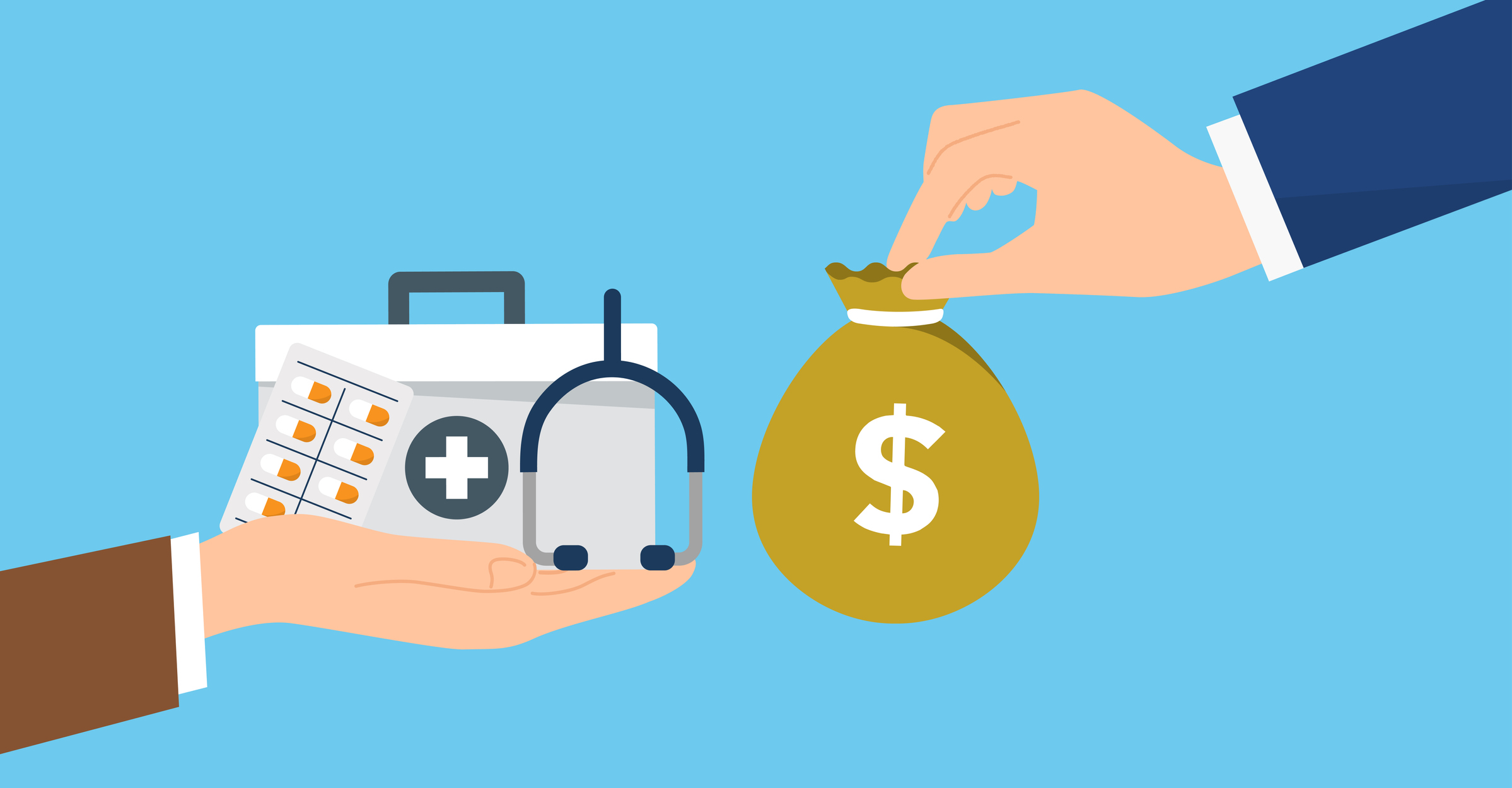
Profit and prosper with the best of Kiplinger's advice on investing, taxes, retirement, personal finance and much more. Delivered daily. Enter your email in the box and click Sign Me Up.
You are now subscribed
Your newsletter sign-up was successful
Want to add more newsletters?

Delivered daily
Kiplinger Today
Profit and prosper with the best of Kiplinger's advice on investing, taxes, retirement, personal finance and much more delivered daily. Smart money moves start here.

Sent five days a week
Kiplinger A Step Ahead
Get practical help to make better financial decisions in your everyday life, from spending to savings on top deals.

Delivered daily
Kiplinger Closing Bell
Get today's biggest financial and investing headlines delivered to your inbox every day the U.S. stock market is open.

Sent twice a week
Kiplinger Adviser Intel
Financial pros across the country share best practices and fresh tactics to preserve and grow your wealth.

Delivered weekly
Kiplinger Tax Tips
Trim your federal and state tax bills with practical tax-planning and tax-cutting strategies.

Sent twice a week
Kiplinger Retirement Tips
Your twice-a-week guide to planning and enjoying a financially secure and richly rewarding retirement

Sent bimonthly.
Kiplinger Adviser Angle
Insights for advisers, wealth managers and other financial professionals.

Sent twice a week
Kiplinger Investing Weekly
Your twice-a-week roundup of promising stocks, funds, companies and industries you should consider, ones you should avoid, and why.

Sent weekly for six weeks
Kiplinger Invest for Retirement
Your step-by-step six-part series on how to invest for retirement, from devising a successful strategy to exactly which investments to choose.
Three federal agencies are seeking comments on the public’s experience with medical payment products, billing and collection practices in a bid to address possible consumer harms caused by these types of specialty credit products.
The Consumer Financial Protection Bureau (CFPB) has teamed up with the Treasury and the Department of Health and Human Services (HHS) to see whether healthcare providers are promoting financial products — like medical credit cards and loans — to pay for healthcare that raise patient debt and lead to higher consumer costs.
The deadline for submitting comments is September 11. Complaints about a host of other financial products or services can also be submitted at CFPB’s website or by calling (855) 411-CFPB (2372).
From just $107.88 $24.99 for Kiplinger Personal Finance
Become a smarter, better informed investor. Subscribe from just $107.88 $24.99, plus get up to 4 Special Issues

Sign up for Kiplinger’s Free Newsletters
Profit and prosper with the best of expert advice on investing, taxes, retirement, personal finance and more - straight to your e-mail.
Profit and prosper with the best of expert advice - straight to your e-mail.
The agencies intend to use the comments to provide a better understanding of the prevalence of these products, patients’ experiences with them and the healthcare providers’ incentives to offer these products to patients.
“Financial firms are partnering with healthcare players to push products that can drive patients deep into debt,” said CFPB Director Rohit Chopra. “We are opening a public inquiry to better understand how these practices are affecting patients in our country.”
In a report on patients with medical debt, first published in May, the agencies found that specialty medical payment products, which were once largely used to pay for care not covered by traditional insurance plans such as dental or vision care, are now being used for more services, including emergency room visits. Some of these services are already covered by insurance or financial assistance plans, but healthcare providers are pitching the higher-cost specialty products to patients instead because they can pass the patient billing and collections over to financial services companies, the CFPB said.
From 2018 to 2020, consumers used specialty medical cards or loans with deferred interest periods to pay for nearly $23 billion in healthcare costs, a recent CFPB study revealed. These newer forms of medical debt are typically more expensive for patients than other forms of payment, including conventional credit cards, with interest rates often exceeding 25%, the study showed.
The agencies are seeking more information on a range of concerns for consumers regarding this market, including interest and fee costs of these products and how they are marketed; whether consumers fully understand the risks of using specialty cards; billing and financial assistance issues; as well as how incentives offered to health care providers affect their promotion of these products to patients.
Related stories
Profit and prosper with the best of Kiplinger's advice on investing, taxes, retirement, personal finance and much more. Delivered daily. Enter your email in the box and click Sign Me Up.

Esther D’Amico is Kiplinger’s senior news editor. A long-time antitrust and congressional affairs journalist, Esther has covered a range of beats including infrastructure, climate change and the industrial chemicals sector. She previously served as chief correspondent for a financial news service where she chronicled debates in and out of Congress, the Department of Justice, the Federal Trade Commission and the Commerce Department with a particular focus on large mergers and acquisitions. She holds a bachelor’s degree in journalism and in English.
-
 The New Reality for Entertainment
The New Reality for EntertainmentThe Kiplinger Letter The entertainment industry is shifting as movie and TV companies face fierce competition, fight for attention and cope with artificial intelligence.
-
 Stocks Sink With Alphabet, Bitcoin: Stock Market Today
Stocks Sink With Alphabet, Bitcoin: Stock Market TodayA dismal round of jobs data did little to lift sentiment on Thursday.
-
 Betting on Super Bowl 2026? New IRS Tax Changes Could Cost You
Betting on Super Bowl 2026? New IRS Tax Changes Could Cost YouTaxable Income When Super Bowl LX hype fades, some fans may be surprised to learn that sports betting tax rules have shifted.
-
 Will Soaring Health Care Premiums Tank Your Early Retirement?
Will Soaring Health Care Premiums Tank Your Early Retirement?If you're under 65 and want to retire soon, your plan may be derailed by skyrocketing ACA marketplace premiums. Here's what you can do.
-
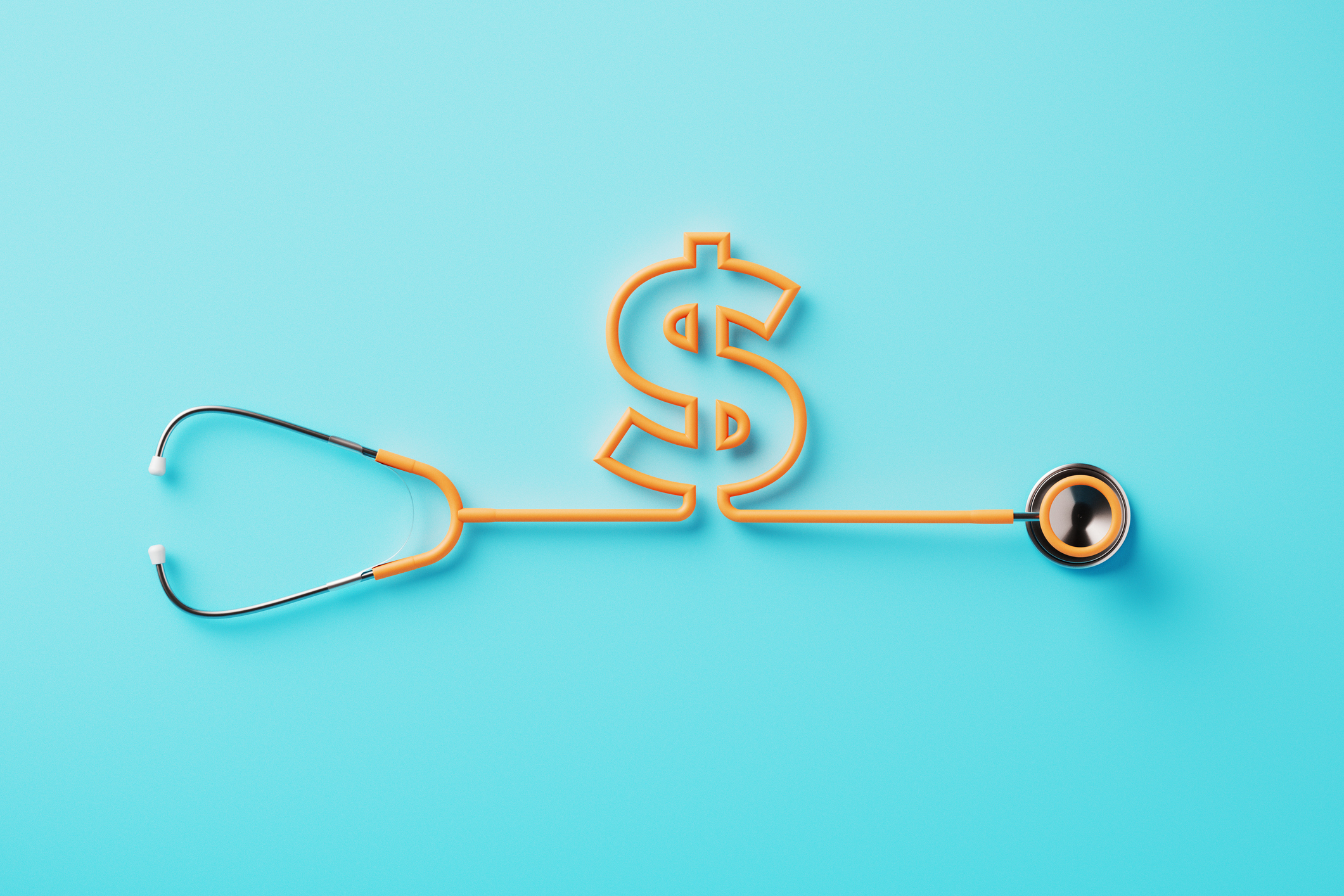 New IRS Changes to FSA Contribution Limits for 2026: What to Know
New IRS Changes to FSA Contribution Limits for 2026: What to KnowHealth Care Flexible Spending Accounts have tax advantages worth looking into, especially in light of new IRS changes.
-
 Is a New $25,000 Health Care Tax Deduction Coming in 2026?
Is a New $25,000 Health Care Tax Deduction Coming in 2026?Tax Policy A proposal from GOP Sen. Josh Hawley adds to the chatter about health care affordability.
-
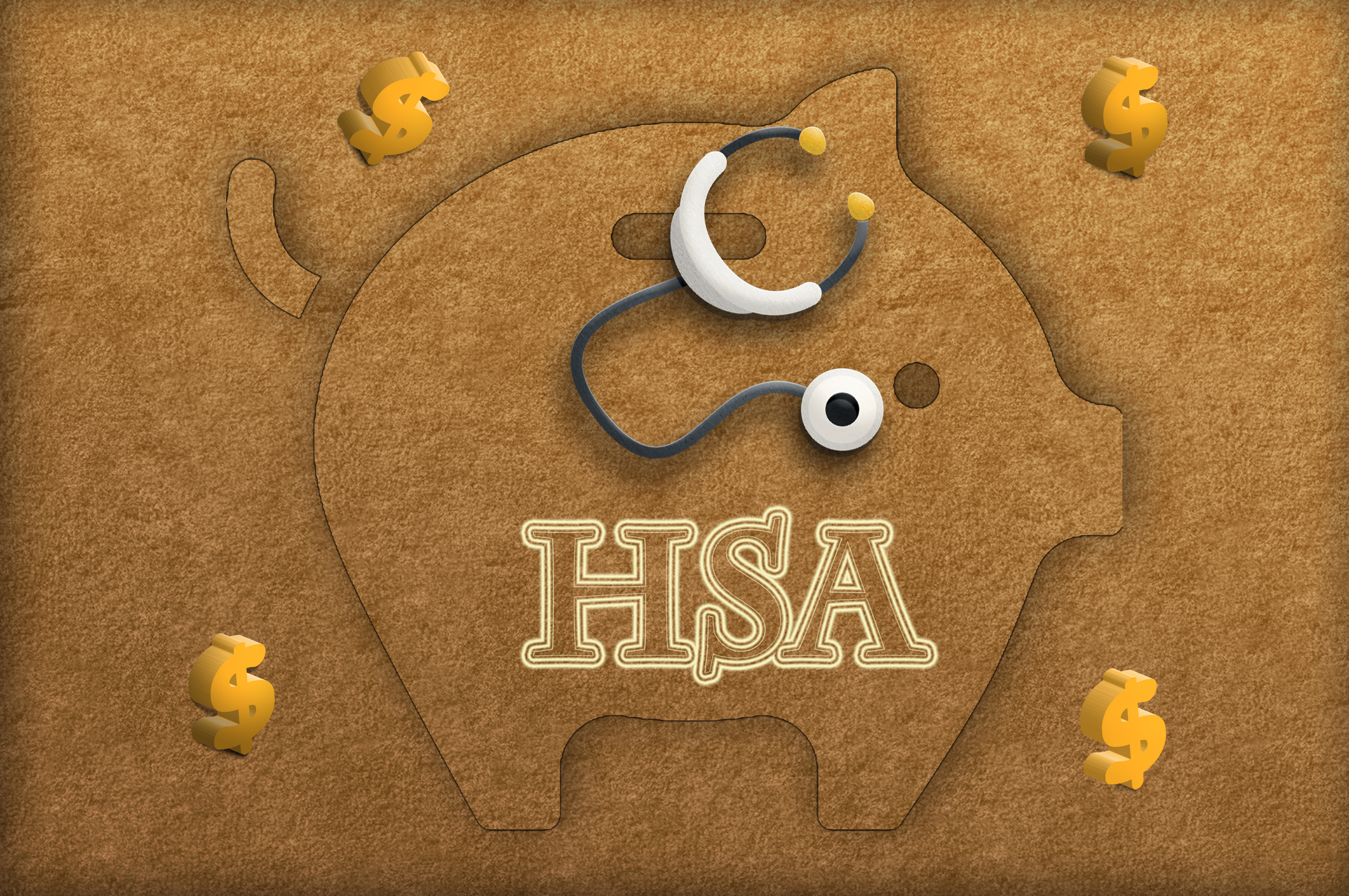 An HSA Sounds Great for Taxes: Here’s Why It Might Not Be Right for You
An HSA Sounds Great for Taxes: Here’s Why It Might Not Be Right for YouHealth Savings Even with the promise of ‘triple tax benefits,’ a health savings account might not be the best health plan option for everyone.
-
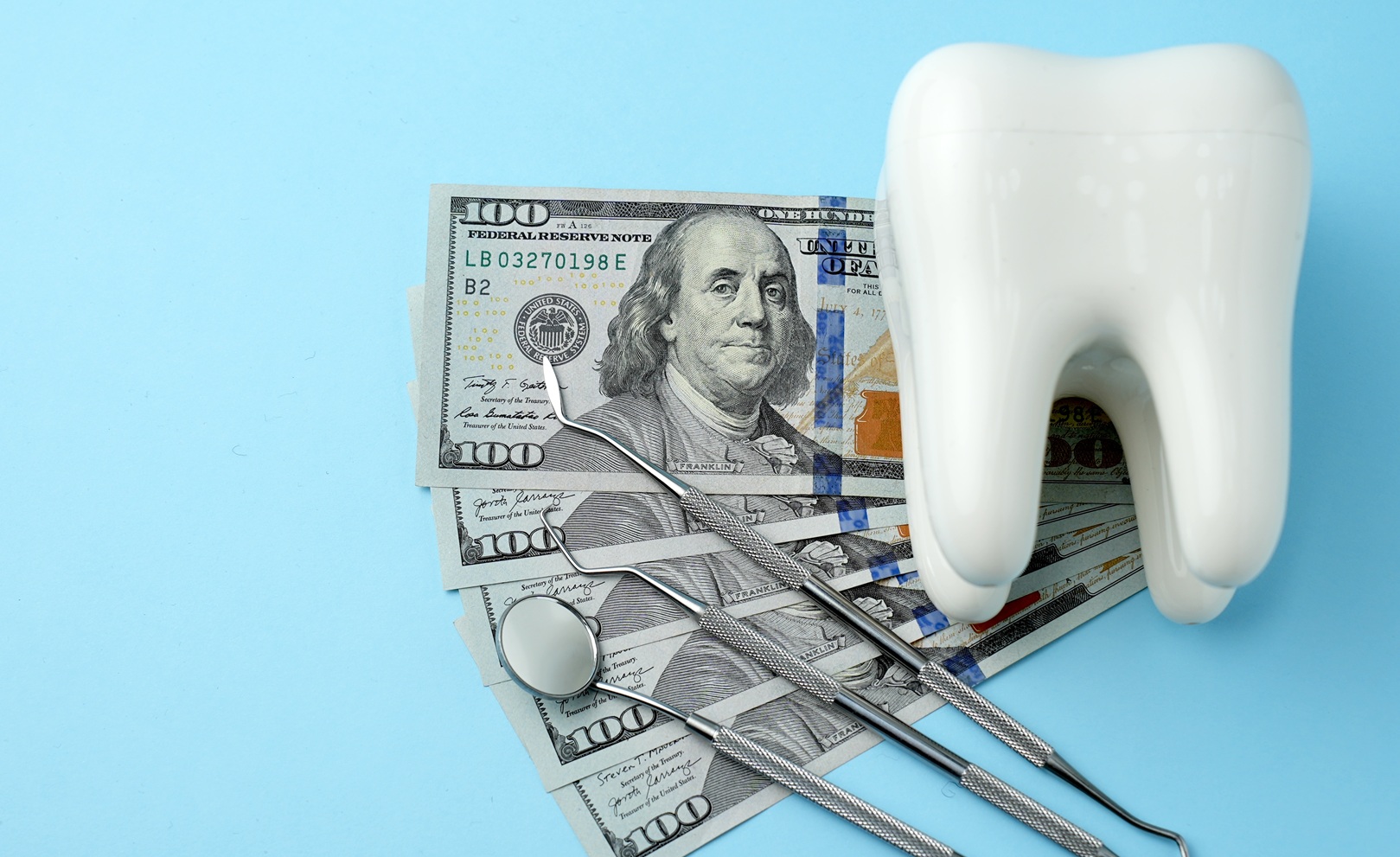 Dental Cost Advice for New Retirees, From a New Retiree
Dental Cost Advice for New Retirees, From a New RetireeWhat I faced in my first dental bill after retiring.
-
 ‘I Play Pickleball in Retirement.’ Is It HSA-Eligible?
‘I Play Pickleball in Retirement.’ Is It HSA-Eligible?Retirement Tax Staying active after you retire may be easier with these HSA expenses. But there’s a big catch.
-
 What to Know About New Medicaid Cuts: Is Your Local Hospital Closing Soon?
What to Know About New Medicaid Cuts: Is Your Local Hospital Closing Soon?Tax Policy Trump’s ‘One Big Beautiful Bill’ is now law, and rural hospitals across the U.S. are on the chopping block.
-
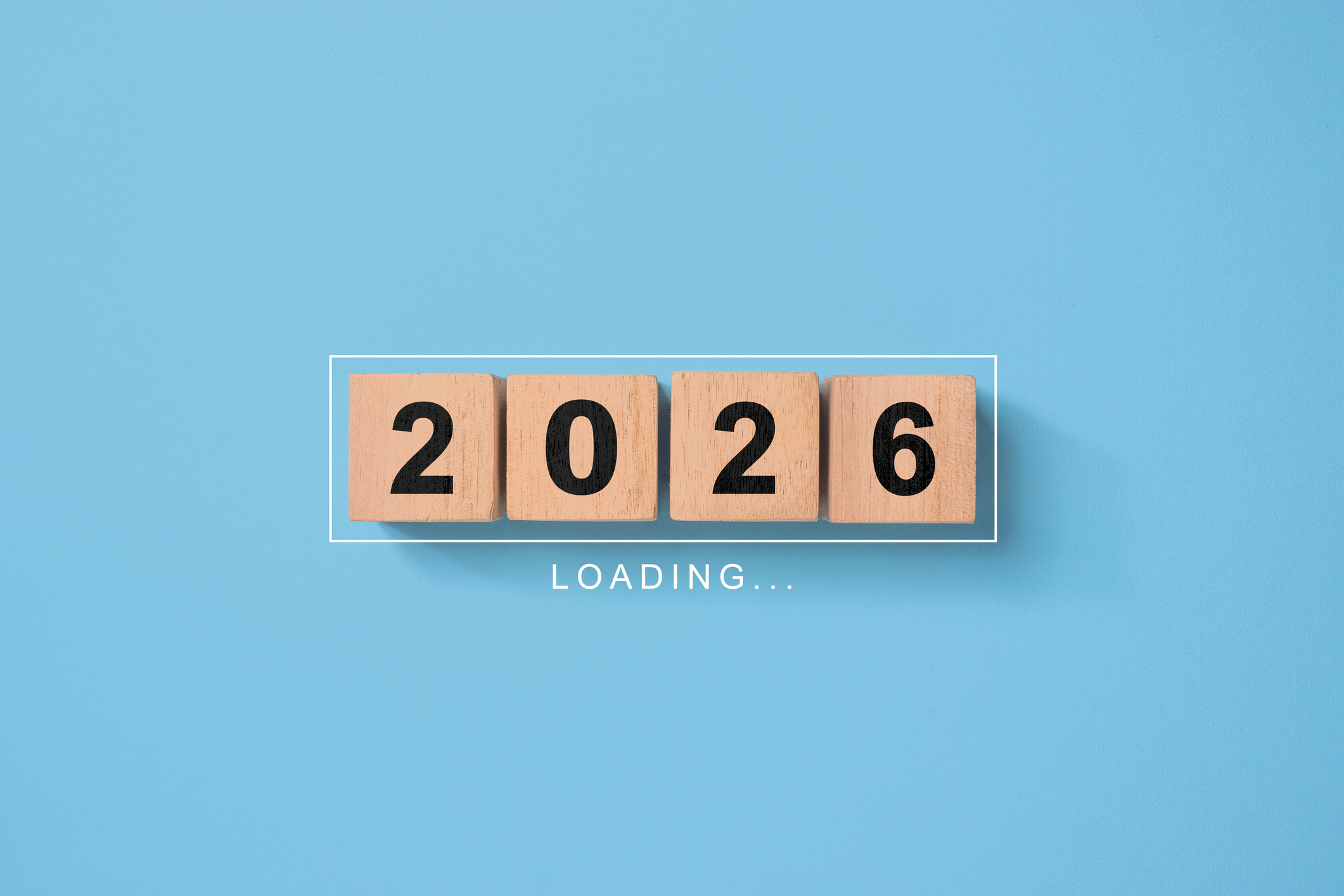 2026 HSA Contribution Limits Are Set: What to Know Now
2026 HSA Contribution Limits Are Set: What to Know NowHealth Savings The IRS says Health Savings Account contribution limits will increase again next year due to inflation.